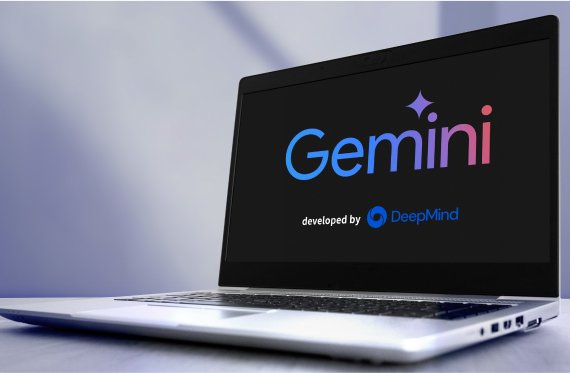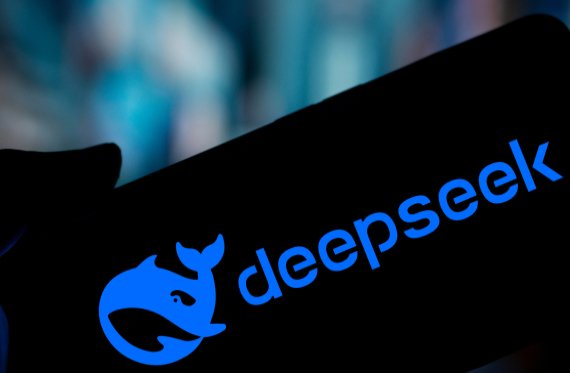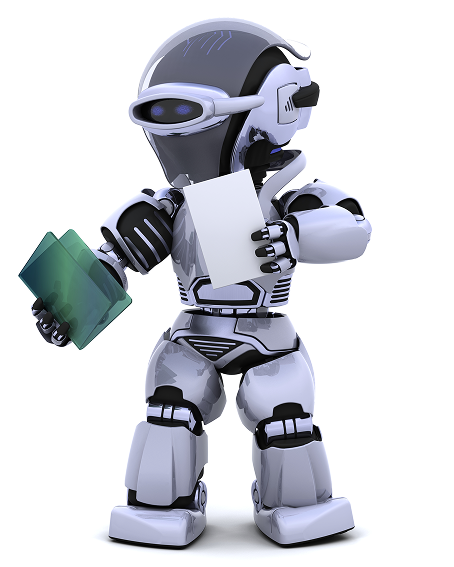Artificial intelligence : glossary definition | Habefast

Artificial intelligence : definition and applications
Artificial intelligence (AI) encompasses technologies that enable machines to mimic certain human abilities, such as understanding language, solving problems, or learning from data.
It includes simple systems like recommendation programs, as well as complex models capable of improving over time through data analysis and training on large volumes of information.
While generative AI, made famous by ChatGPT, is currently the most well-known form, other types of AI have existed for a long time, particularly in areas such as facial recognition, healthcare, and logistics.
Artificial intelligence: examples of modern AI
-
ChatGPT
Developed by OpenAI, ChatGPT is a natural language processing model based on the GPT (Generative Pre-trained Transformer) architecture.
It is designed to generate text in a fluid and coherent manner, understand natural language queries, and assist users with a wide range of tasks such as writing, programming support, and brainstorming.
ChatGPT has become extremely popular, marking the beginning of a true revolution by making artificial intelligence accessible to everyone, particularly businesses.

-
Gemini (formerly Bard)
Developed by Google DeepMind, Gemini is a multimodal artificial intelligence capable of processing and generating content from various types of data such as text, images, audio, video, and code.
Unlike traditional models focused solely on text, this AI integrates different modalities to provide enriched and contextualized responses.
Gemini is integrated into the Google ecosystem, notably within services like Google Workspace, and is accessible through the Gemini interface.
It is used for a variety of applications, ranging from advanced personal assistance to multimedia analysis, code generation, and the automation of complex tasks.

-
Midjourney
Midjourney is an artificial intelligence specialized in generating images from textual descriptions (text-to-image).
It allows users to create unique, abstract, or realistic visuals based on the prompts provided.
Widely used in artistic creation, advertising, and packaging design, Midjourney illustrates how AI is transforming creative industries by making visual creation more accessible.

-
DeepSeek
DeepSeek is an open-source model primarily known for its ability to perform document retrieval and synthesize complex responses from vast databases.
It is employed in fields such as scientific research, strategic intelligence, and data analysis.
Its main advantage lies in combining document search and text generation, offering rapid and well-documented decision-making support.

-
Claude
Claude is a natural language processing model developed by Anthropic, with a focus on safety, alignment with human intentions, and bias reduction.
Used for applications similar to ChatGPT (customer service, writing assistance, code generation), Claude also emphasizes response transparency and responsible AI management, making it a preferred option for sensitive sectors such as legal or healthcare.

Would you like to learn more about integrating AI into your business?
Our agency can help you identify the best digital tools and accelerate your digital transformation.
The Impact of AI on the world of work
The rise of artificial intelligence is profoundly transforming the job market.
Many repetitive tasks—such as data entry, image classification, or the handling of standard emails—are now automated, freeing up time for higher value-added missions.

This evolution comes with a shift in the skills required.
Indeed, mastering AI and data science is becoming essential in many professions, and companies are increasingly seeking profiles capable of understanding and using AI tools. At the same time, new roles are emerging to meet the specific demands of this technological revolution. Among them are prompt engineers, who optimize interactions with generative AI models, AI ethics specialists, and machine learning trainers who oversee and refine algorithms.
Traditional professions are not exempt: law, marketing, finance, and human resources are also undergoing deep transformations. Professionals in these sectors are now integrating AI tools to automate certain tasks, enhance their analyses, and make more efficient decisions.
Finally, new forms of collaboration are emerging, where humans and AI systems work together to maximize productivity. AI is no longer just a digital tool—it is becoming an operational partner capable of assisting in the execution of complex projects.
In the face of these rapid changes, companies must invest in continuous training for their teams and rethink their organizational processes to embrace this transformation and fully leverage its potential.
The rise of AI agents
AI agents are autonomous programs capable of proactively performing tasks without constant human intervention.
Unlike traditional tools that merely react to commands, AI agents can:
- Plan actions based on defined goals
- Adapt to new information and changing environments
- Collaborate with one another to complete complex missions
Examples of AI agents:
- AutoGPT: autonomous agents that self-direct to accomplish a goal (e.g., conducting a full market study)
- Smart personal assistants: automatic scheduling, managing multi-step tasks
- Agents in video games: non-scripted behaviors that evolve based on the player’s actions

The arrival of AI agents signals a new era of intelligent automation, where tasks that are currently the domain of humans could be partially or fully automated.
Accelerate your digital transformation with our expertise
Advances in artificial intelligence now offer significant opportunities to optimize productivity, enhance services, and strengthen competitiveness.
Whether through process automation, data analysis, customer experience personalization, or the integration of AI tools into your business operations, digital transformation is no longer optional—it has become a strategic imperative.
Our agency, specialized in digital transformation for productivity, supports you in identifying and implementing the most suitable technological solutions for your business.
Thanks to our exclusive methodology—based on the analysis of over 130 key criteria—we help you optimize your tools, processes, and organizational structure to fully leverage digital innovation, particularly those related to AI. We work closely with our clients to build a tailored strategy aligned with their operational goals and growth challenges. From auditing your digital maturity to deploying a concrete action plan, our team of experts guides you every step of the way to make your digital transformation a true performance accelerator.
Ready to take the next step?
Discover how we can help you integrate artificial intelligence and the best digital solutions into the core of your business strategy.



